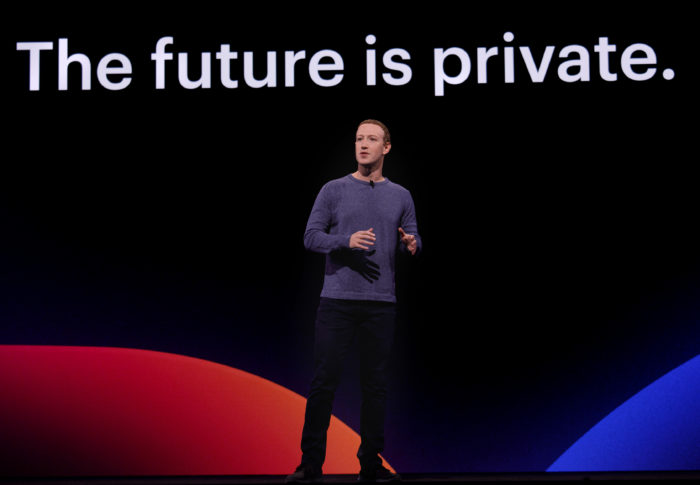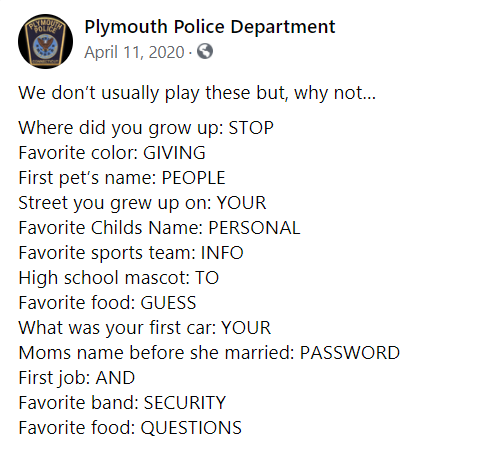1. Good Monday Morning
It’s Sept. 13th. Apple unveils its new devices tomorrow at 1 EDT / 10 PDT. The iPhone 13 is widely expected to be introduced. You can watch here.
Today’s Spotlight is 1,219 words — about a 4 1/2 minute read.
2. News To Know Now
Quoted:”Google has paid these workers at 100 percent of their prior wage, by definition. So it’s not like they can’t afford to pay their workers who choose to work remotely the same that they are used to receiving.” — Prof. Jake Rosenfeld of Washington University after Google said employees choosing to work from home could receive pay cuts of up to 15%.
a) Google is also defending itself in an employment action brought by four employees it terminated. The company says employees have no legal right to protest who the company chooses to work with, reports Business Insider.
b) Grubhub, DoorDash, and Uber Eats are also in court as they fight against caps on restaurant fees imposed by New York City. The food delivery companies say that consumers will pay more if New York’s cap of 23% per order is allowed to remain permanent. The companies are fighting a similar cap in San Francisco.
c) TikTok users on Android devices are now watching that platform’s videos more each month than video giant YouTube. Analytics firm App Annie reported that U.S. users watched 24 hours of TikTok in June versus 22 hours of YouTube. The UK TikTok numbers were even higher, proving that the platform is mainstream.
3. Search Engine News — Google vs. Apple (?) In Search
We’re really watching Apple this week to learn if more news is forthcoming regarding the device maker’s search offering.
Apple potentially launching a search function would be daring. Current estimates are that Google paid Apple more than $10 billion during its last fiscal year to be its default search engine. Those fees could reach $15 billion next year. Coywolf’s Jon Henshaw, a search entrepreneur, describes how Apple can take significant market share from Google by introducing a Neeva-like search experience.
Meanwhile Google has clarified its previous position on content titles that it has been replacing in its results. Google now says that the submitted title will be used to create the content’s ranking, but that the company may still substitute other titles that its algorithms deem superior.
Google Map users may have noticed that the company is now requiring users to opt-in to sharing data if they want to receive turn-by-turn directions. The data from Google Maps goes back into the product, creating an insurmountable lead over competitive mapping services.
4. Spotlight Explainer — Facebook Research
Data first:
- Fewer than 10% of Facebook users are American.
- 36% of adults search for news on Facebook
- Lawmakers’ posts get 8% love reactions and 6% anger reactions.
- Misinformation posted on Facebook gets more engagement than true items.
- Bottom line: it’s huge, it’s global, and it’s inconsistent.
What happened with them throwing researchers off the platform?
A trio of NYU researchers have been working with Facebook since last year.They created a browser extension called Ad Observer to understand what political advertising people saw on Facebook and YouTube. Facebook said that their program violated its agreement with the FTC regarding user privacy. The FTC and industry advocates dispute that explanation, but Facebook suspended the researchers and blocked their software. The researchers say that even the White House can’t get straight answers from Facebook research executives about COVID misinformation on the site.
What about other researchers?
Facebook held a call with 47 researchers three days ago. During that call, they told researchers that the company had made a mistake and excluded about half the data from U.S. accounts that researchers had been promised.
So now what?
Some Facebook research projects have lost months of work. Facebook research executives say that they don’t know what else was missing and that recreating the data sets will take weeks.
What is Facebook doing?
There is no evidence that the company has done anything nefarious. There is no requirement that they agree to work with outsiders, but CEO Mark Zuckerberg made Facebook research a priority after the 2016 election and Cambridge Analytica scandals.
What’s next?
Look for Facebook to face questions from the House Committee investigating the Jan. 6 domestic terror attack on the U.S. Capitol. Politico reported two weeks ago that thousands of posts made on Facebook about that attack have been removed from the site.
Our take: Facebook’s scope and scale make these data projects the largest of their kind. We tell our clients that the platform is huge, global, and inconsistent just like we told you above, but no one, not even Facebook, is quite sure how to harness the data generated by the 25% of the planet’s population that logs on daily.
5. Did That Really Happen? — US Pilots Did Not Resign En Masse
More than one million people have viewed a video released last Friday that featured a man saying that “his dad just let him know” that Secretary of Defense Lloyd Austin sent a text to all active military service members demanding they receive a COVID-19 vaccination immediately or face court martial. The video also claimed that twelve F-22 pilots and sixteen B-52 crew members resigned in protest.
Daniel Dale debunks the entire story. None of it happened. There was no text from Defense, there were no mass walk-offs, and military personnel have until Nov. 2 to be vaccinated.
6. Following Up — Criminals Finding Cybersecurity Easy to Defeat
“I was panicking because I had access to something big,” said John Binnins, who claimed credit for the most recent T-Mobile hack. “Their security is awful,” The Wall Street Journal quotes him as saying.
We also learned that REvil, the Russian gang believed responsible for hacking Colonial Pipeline and JBS Foods with ransomware, has established a new online presence after going dark. We told you in July that REvil seemed to have ceased operating. They’re back now and active on the dark web.
7. Protip — Limit Spotify Tracking
Did you know that music streaming company Spotify tracks your Facebook information (including likes), your location, and other device information? They also know your age, gender, address, and well, lots of stuff. Lifehacker has a primer on how to reduce the amount of private data that you share with Spotify.
8. Screening Room — Pepsi Remakes Grease Scene With Doja Cat
Pespi followed its tradition of bringing the hottest young musical artists to its commercials by airing a new spot last night during the MTV Video Music Awards featuring Doja Cat performing a Grease number.
9. Science Fiction World — Croatian Restaurant Using Cooking Robots
Five Gamma Chef cooking robots are the stars at Bots & Pots, a restaurant in Zagreb. They can prepare one-pot dishes such as risottos and pastas. This ain’t your grandpa’s Automat so have a look at some of this unique restaurant’s nuts and bolts offerings.
10. Coffee Break — Retrieving Monday
Yes, you were off last Monday. So were we and (whew) thanks! But now that we’re back, let this pupper show you how I might look on some Spotlight Mondays.
11. Sign of the Times





